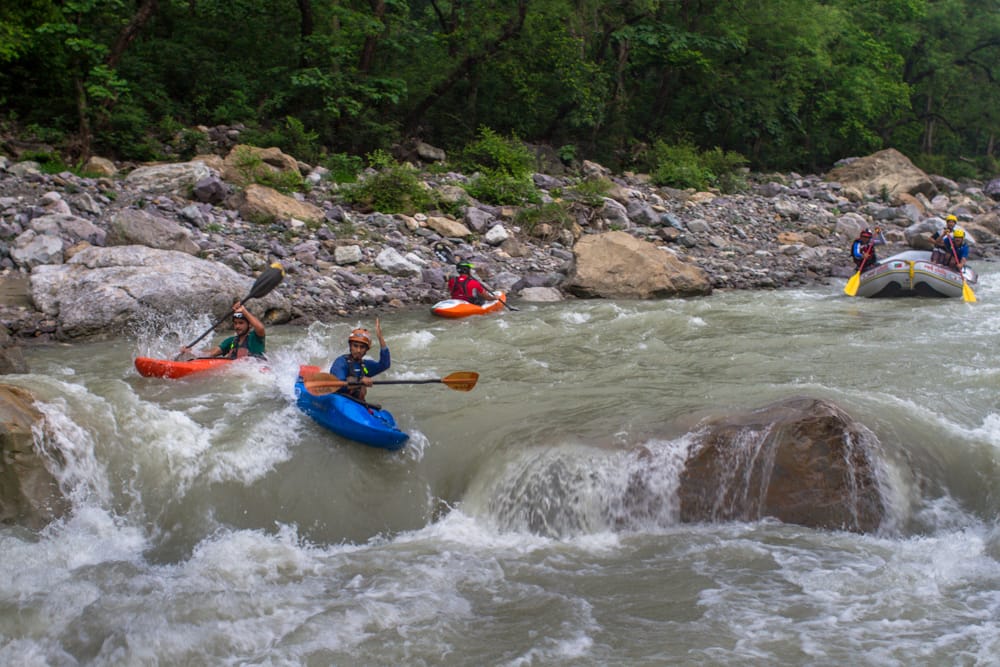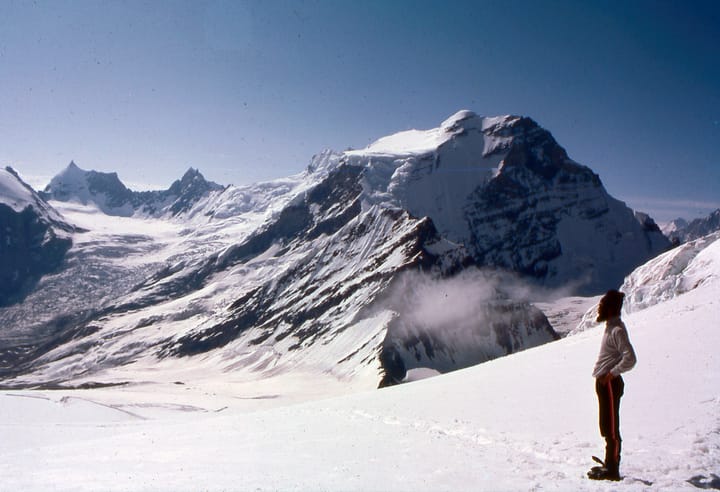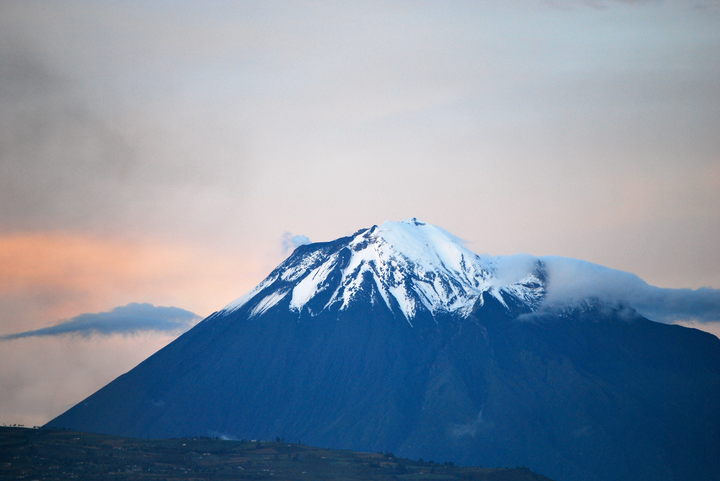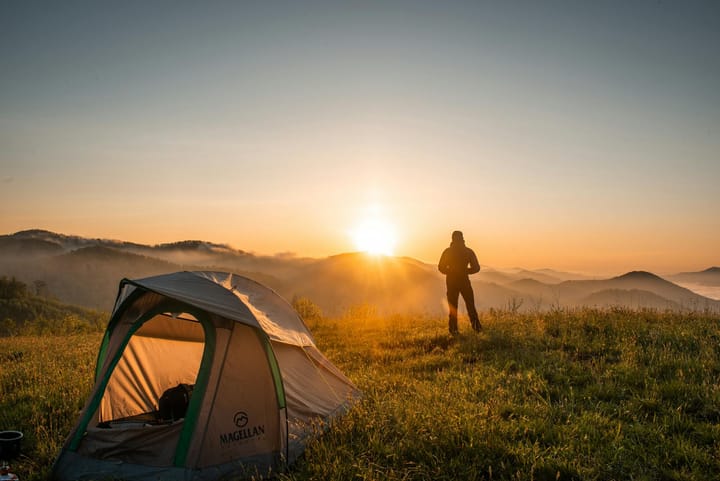Rescue 3 International and IRF train five Indian paddlers in river rescue (Part 2)

Five professional river guides were part of India's first combined river rescue course and assessment in Rishikesh. The course was conducted by Rescue India and certified by Rescue 3 International and International Rafting Federation (IRF). The Outdoor Journal gives a comprehensive report in this two-part series.
(continued from Day 1....)
DAY 2
After a challenging first day the trainees were keen and enthusiastic. It seemed that they were settling in and getting a better grasp of things. And Rawat Ji's aaloo paranthas* acted like a catalyst. The guys were more than eager to get back in the creek. After a briefing on different types of river knots and hitches and an intensive discussion on river terminology it was time to put this knowledge to practical use. The training proceeded.
- Shallow river crossing - The trainees practiced different methods to cross shallow swift water. Depending on the volume of the water they had to use different methods such as with paddle, without paddle, tripod (three people), pyramid shaped crossing (three or more people)
- Sign language and use of whistle on the river- The trainees were taught how to use sign language and use of the whistle on the river because communication is an important part of rescue as it is a team effort.
- Rope Rescue Methods- The trainees were taught the correct usage of ropes in order to rescue a victim, because ropes can be fatal on the river if not used properly. Ropes are considered as "angry water snakes" on the river.
- Rescue using Cinches- A cinch is an encircling cord, rope, band or belt. The trainees were taught how to make a cinch using their throwbags in order to rescue a victim entrapped in the river.
- Strainer Crossing Drill- Any floating object on the river which poses as an obstacle to a boater such as a log of wood is considered a strainer. The trainees were taught the different methods to cross a strainer safely.
https://youtu.be/QpM0BFvw39U
The day was longer than usual and the participants were also made to practice different rescue scenarios using the skills and knowledge they had acquired over the last two days. The trainees seemed more confident and clear in their approach. A few bruises and injuries were inevitable and Sahdev Rana, the young 25-year old kayaker from Sarasu village said "The injuries have made me more confident". Bhupi , the instructor made sure that every drill was done intensively rather than rushing things through.
Day 3
The last day of the course was the most technical in terms of the drills and scenarios. The day started with a quick revision and a discussion on different rescue scenarios. The nervousness was back in the air because the the participants were to be assessed under IRF guidelines for the next two days. But at this stage nothing could break their nerve and Arvind's on-the-go-kitchen" by the creek made sure that the guys had something to look forward to in their few breaks (pakodas and chai)*.The training schedule comprised of:
- Ascending & Descending using a Prusick Knot- The trainees had to use a prusick knot to ascend and descend on a fixed rope. And everyone (young or old) did fairly well as it was one of the most challenging tasks.
- Transport Hitch- A transport hitch is used to move entrapped rafts or kayaks from one side to another. It is highly technical and took a while for the trainees to grasp. They had to demonstrate and practice the hitch in diffent scenarios.
- Z-Rack System- It is an efficient and technical system of ropes and prusick knot in order to recover a trapped or flipped raft.
- Night Scenario- The highlight of the day was the Night Scenario rescue which had to be executed within a given frame of time. The trainees had to use their skill, resources and judgement in order to execute a swift and fast paced rescue. The night scenario was a proving ground for the skills learned in the last three days. And the trainees showed a lot of skill and vigilance.
https://youtu.be/UnolyEuI860
The next two days were dedicated to river guide and safety kayaker assessment. The five participants made sure they gave in their best to become part of the "IRF certified" club.
In the end the five trainees showed the perfect blend of experience, skill, perseverance, presence of mind and above all team work and became the first river guides in the country to hold certification from Rescue 3 International and IRF alongside their instructor Bhupendra Singh Rana.
The trainees were satisfied and felt they had managed to grasp and learn a great deal than they had expected at the beginning of the course.
Mahaveer Singh Negi said, "Whatever we had learnt was practical but lacked technical knowledge. What we knew was just good enough for us but the course has enabled us to save others as well."
River guide for 22 years and owner of Red Chilli Adventure company said, "This course has helped us re-boot our system and now we know how to do things on the river in a proper manner rather than just beating around the bush".
Instructor Bhupendra Singh Rana feels it's never too late to learn. "The course will be a learning curve for young river guides, they will be much more confident on the river and have more respect for their team, their equipment and above all the river because when it come to a crisis situation everything counts," he said.
In the last 30 years of the rafting industry, river guides were not doing these courses owing to the high fee for internationally recognized courses and the language barrier since they were all taught in English. But international bodies such as IRF charge a mere 1/3rd of the fee they charge in other countries and with Indian instructors on board the problem of language barrier is resolved.
With more than 50,000 tourists coming to Rishikesh for rafting, safety is top priority. And in order to ensure their safety, the river guides need to be technically sound to act swiftly in a crisis situation. It is perhaps time to implement mandatory river rescue certification for anyone involved in or around the river because end of the day every life matters.
*Pakoda- A deep fried snack made with gram flour and vegetables.
*Chai- A blend of black tea, herbs and spices.
*Aloo Parantha - unleavened dough stuffed with a spiced mixture of mashed potato, which is rolled and cooked on a hot pan with butter
Text: Melvin Michael (Currently an editorial intern at The Outdoor Journal)
Video (shot and edited): Sunny Lamba (Visual Editor)
NOTE: Mr Bhupendra Adhikari, a professional rafter and kayaker pointed out that Rescue 3 International and IRF(International Rafting Federation) have previously conducted courses in Rishikesh under the guidance of accomplished river guides Chandra Ale from Nepal and Yenecco from Spain respectively. Bhupendra Singh Rana is the first Indian instructor to do a combined three-day course by Rescue 3 International and a two-day river guide assessment by IRF.





Comments ()